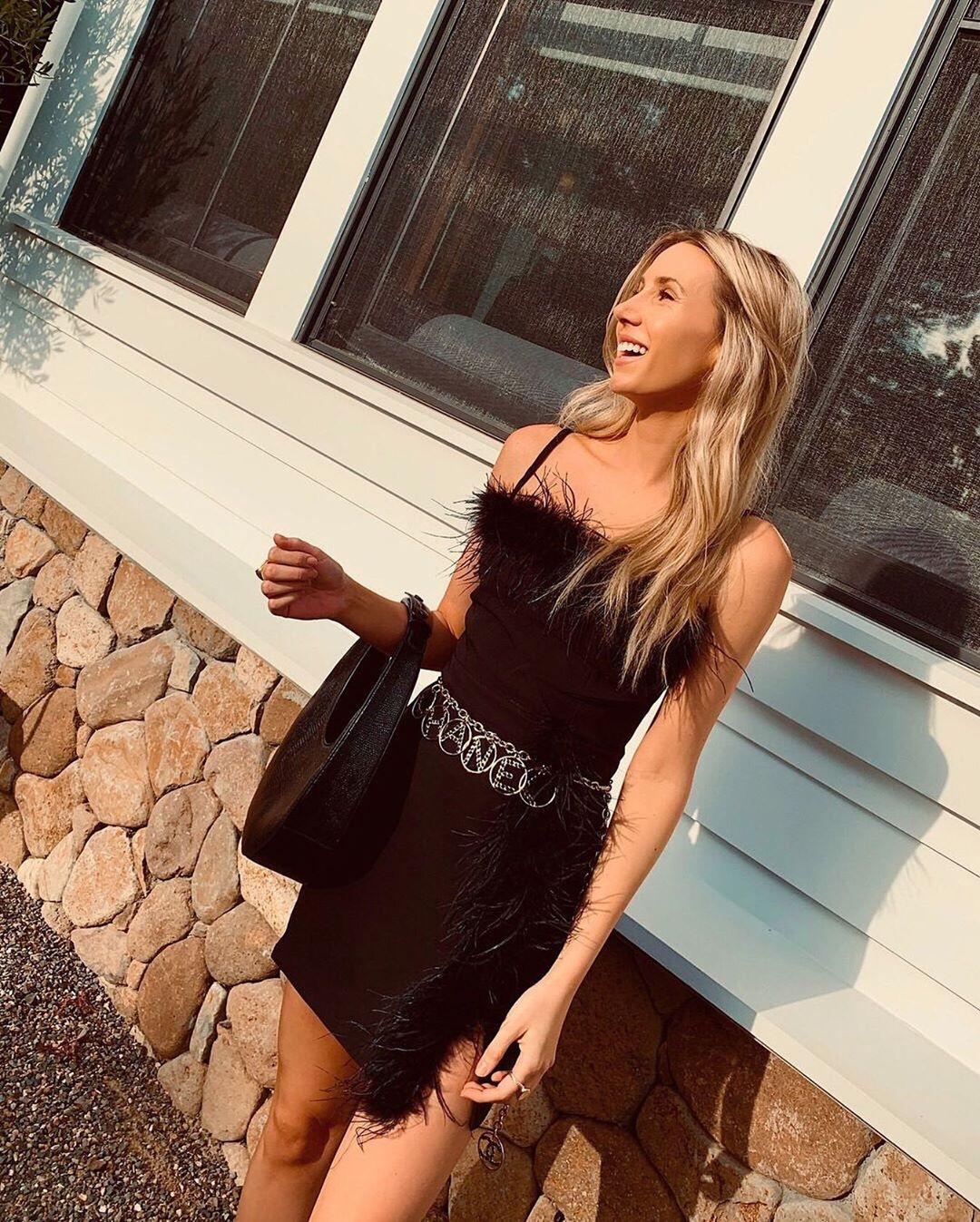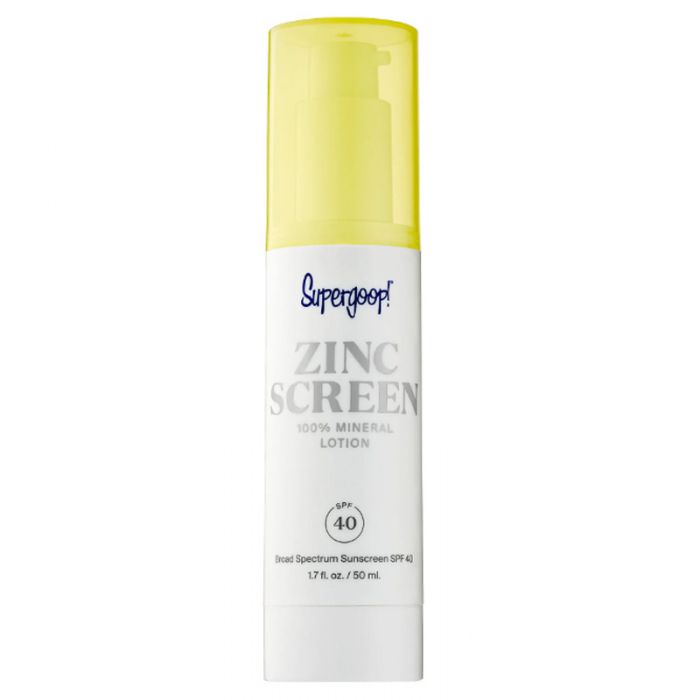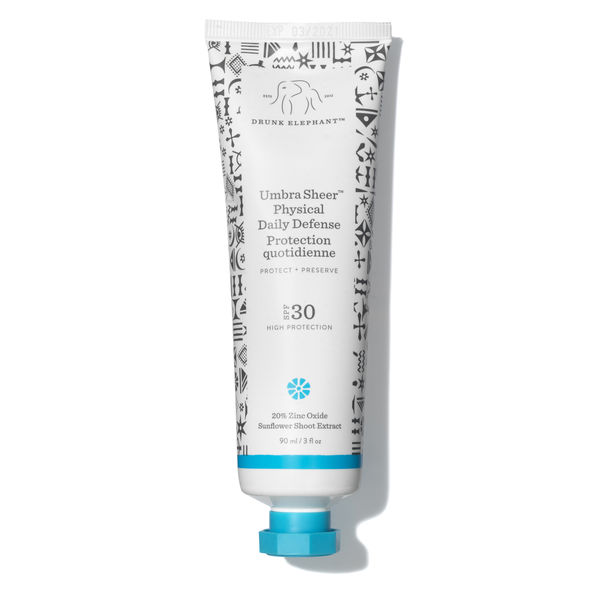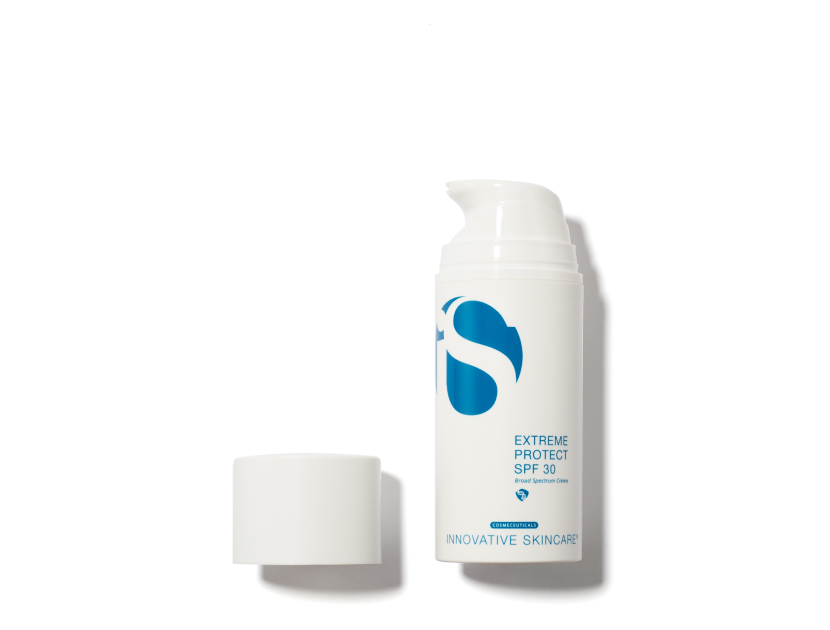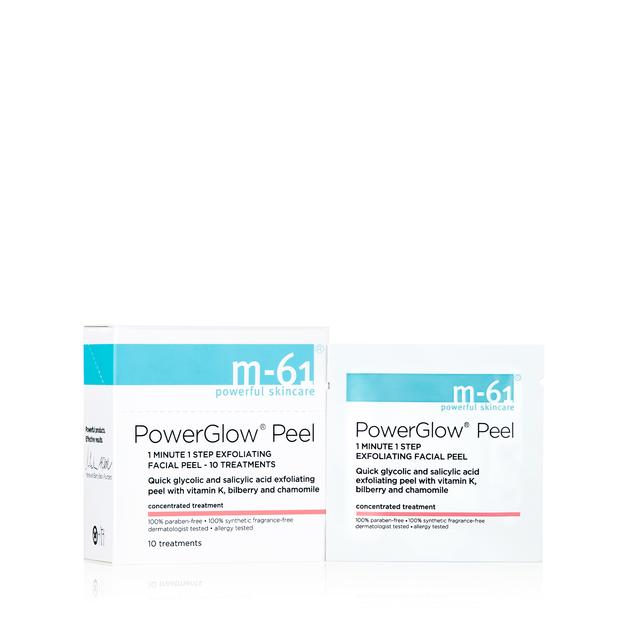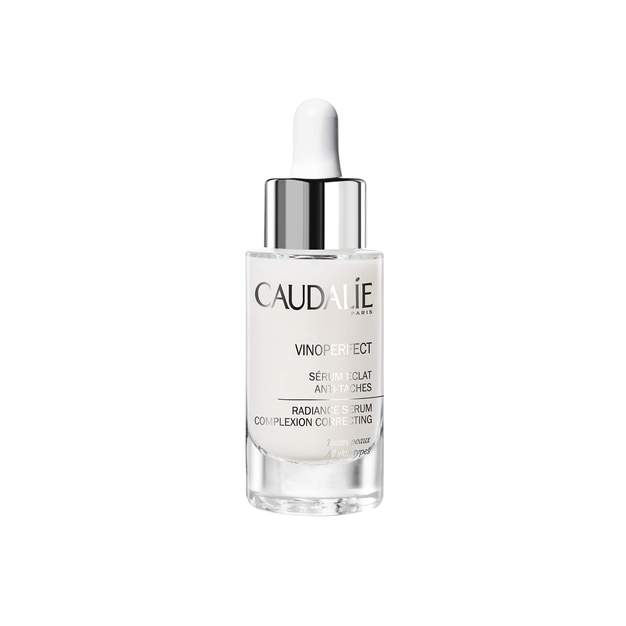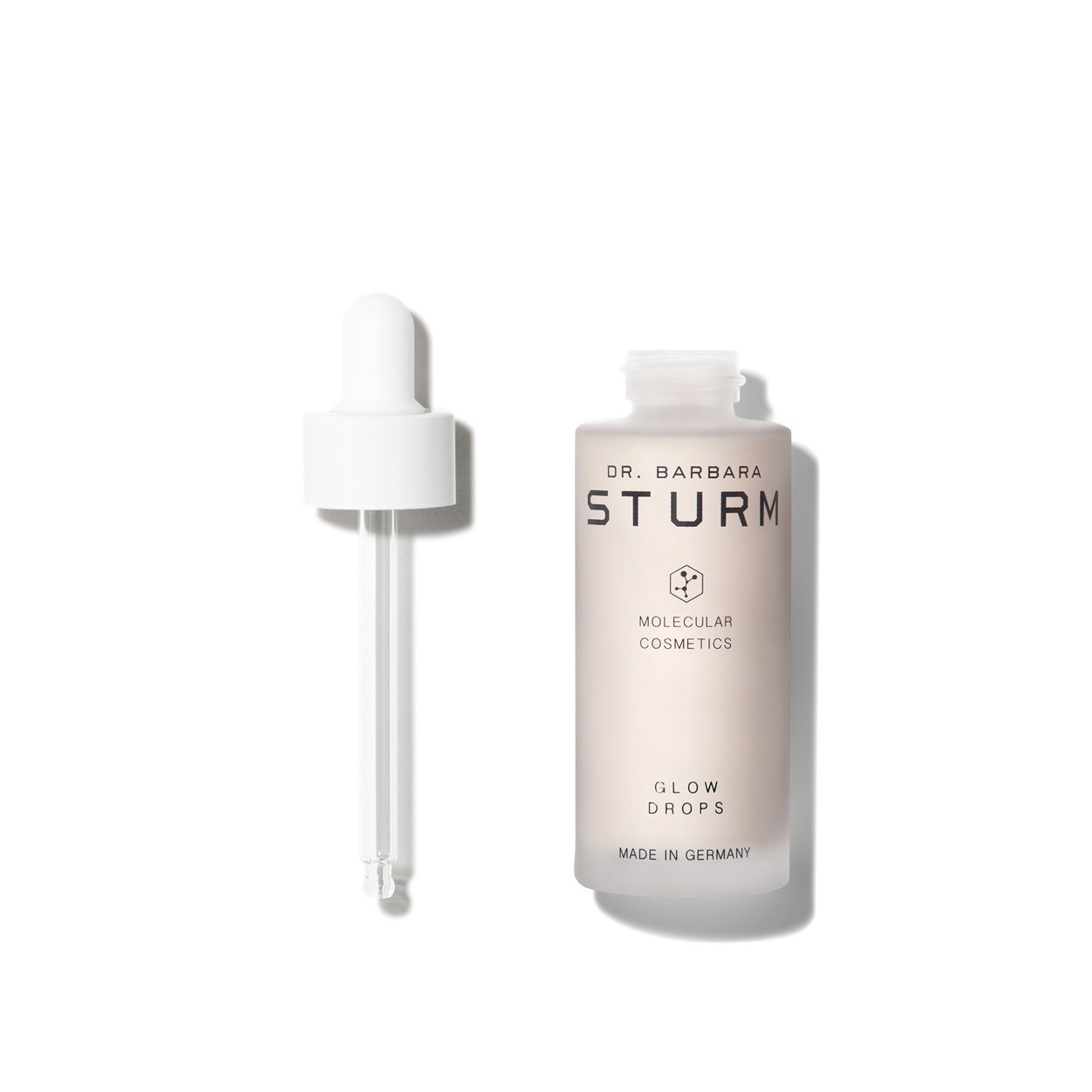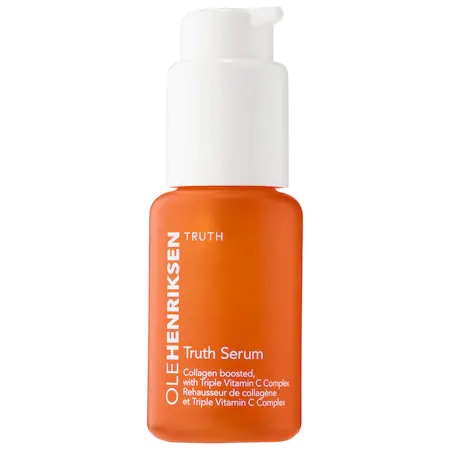I Did IPL, and the Sun Damage Literally Fell Off My Face
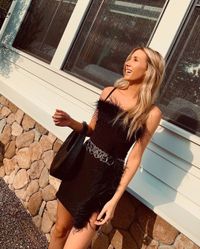
First of all, if you read this headline and are thinking WTF is IPL?, let me back up for a second. IPL is a photo-rejuvenation treatment used to target a range of skin concerns from dark spots to redness and acne. IPL stands for intense pulsed light, meaning the treatment uses a variety of wavelengths of light instead of a laser.
I've had many friends recommend IPL to me after having various skin issues treated, mostly to get rid of unwanted freckles and sun spots. As someone who suffers from rosacea and uneven skin texture, I had heard about how IPL could help me with my specific concerns for a long time before I finally decided to check it out.
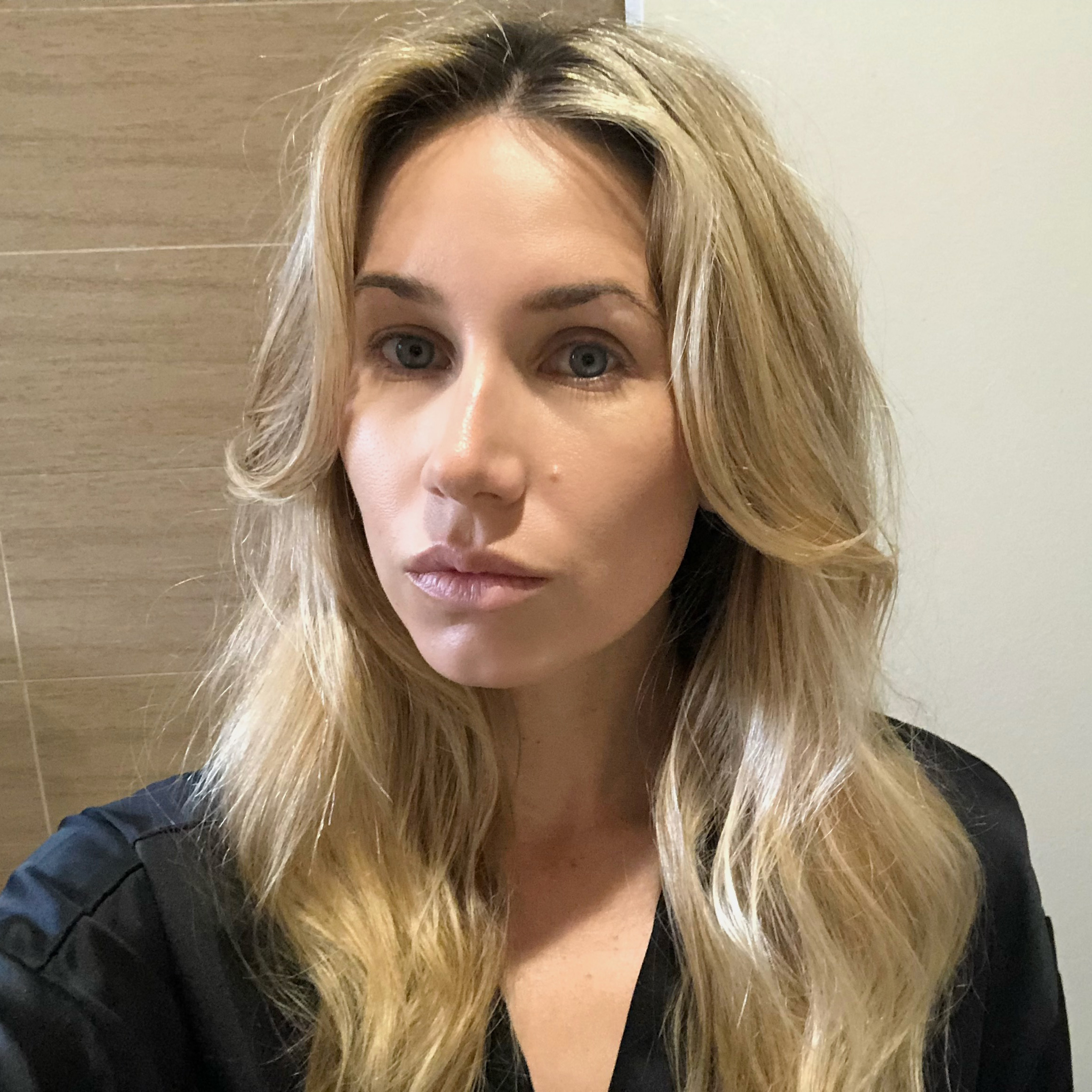
I headed into Le Jolie Medi Spa in West Hollywood for more information and to test out the treatment for myself. "Most people that come in for IPL are looking to achieve a glow," explains Le Jolie's co, Brian Nourian. "They want the complexion of their skin to even out. It also helps brighten and tighten the under-eyes for a well-rested look."
After hearing all about the expected results and the minimal recovery period, I decided to go for it. Keep scrolling to read about my experience with IPL, plus a breakdown on everything you need to know about it—from the cost to what actually goes down during the procedure to how much pain to expect.
PREP
The most important part of preparing for your IPL treatment is to avoid sun exposure—this includes tanning beds (which, let's be real, you shouldn't be using to begin with), going out into the sun sans SPF (seriously, use your sunscreen, people!), spray tans and self-tanners.
Tan skin has a higher risk of adverse side effects, so avoid extended sun exposure and make sure you're using SPF. You'll also want to stop using skin irritants like retinols, retinoids and toners three days prior to the appointment.
Immediately before your treatment, you'll be asked to remove makeup, sunscreen, moisturisers, etc. from the area you're looking to treat, as IPL is to be performed on completely clean skin.
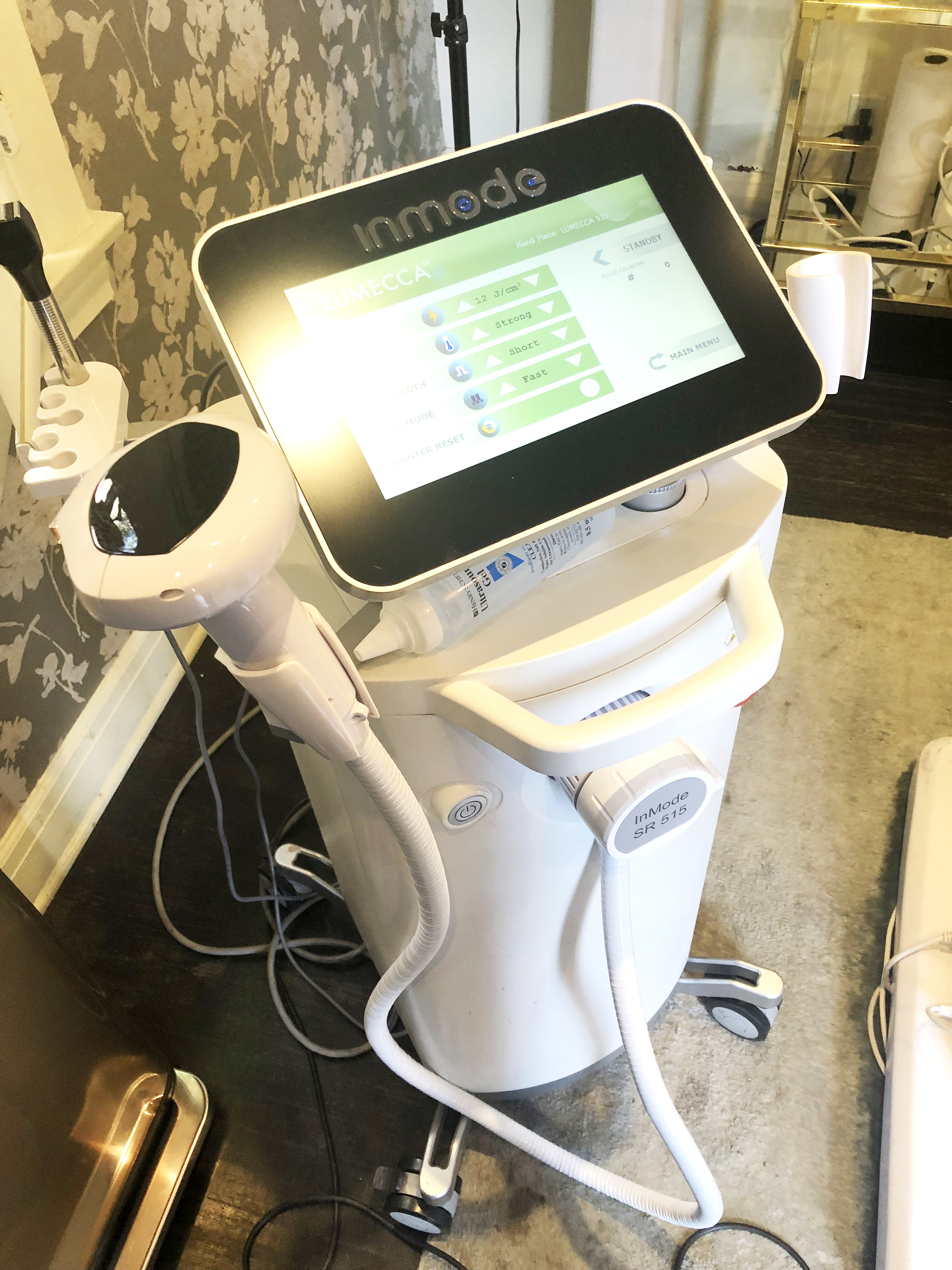
This is what the IPL machine looks like. The little gun on the left is what distributes the light.
PROCEDURE
The treatment itself is quick and fairly painless—the whole thing takes maybe 10 minutes. I've tried other lasers to target redness and broken capillaries such as the V-Beam (which was extremely painful, tbh), and compared to those, IPL was only mildly uncomfortable.
The nurse practitioner started by covering my face in a thick layer of cool gel that would act as a barrier between my skin and the light. Once covered, she placed goggles over my eyes, and did a few tests on my right jawline to measure my pain tolerance and skin sensitivity. She bumped up the level of the IPL machine with each test, and after three, we discovered I could tolerate the higher level. This doesn't mean the machine was on the highest level possible; it just means that for someone's first treatment, there are a few variations it's safe to start with, and I was comfortable with the highest of that section.
Once the level is selected, the procedure begins. She started out on the bottom-right side of my face and zapped the first spot with a split-second flash of light. She then moved along my face, stopping as she hovered over each section to blast it with another pulse of light, until my entire face had been treated. Each pulse of light felt like a rubber band snapping against my skin, which is honestly not even as painful as it sounds. The most noticeable thing for me during the treatment was the sudden flash of light you can see underneath the edge of the goggles—it's more jolting than anything; definitely not painful.
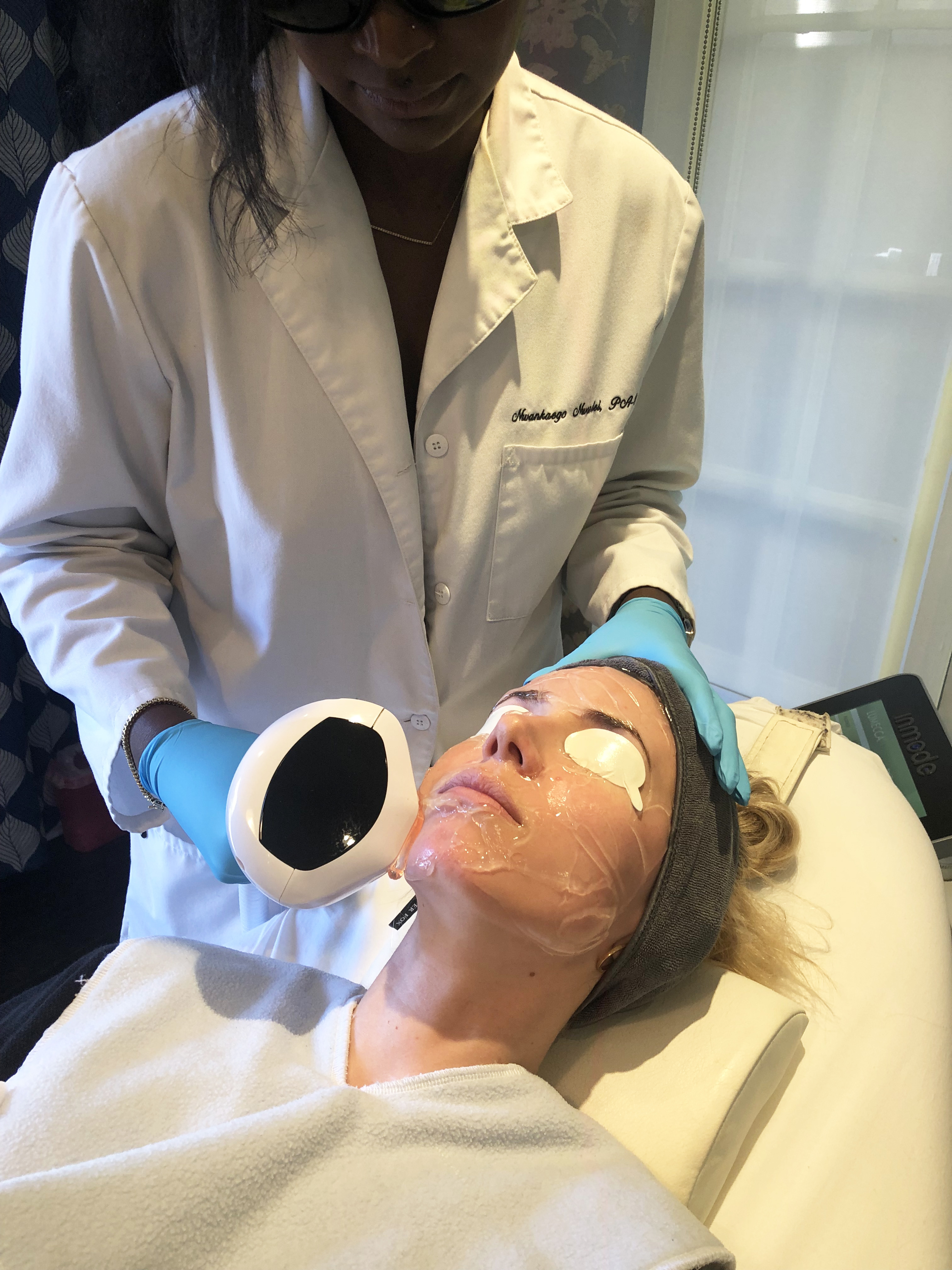
POST-PROCEDURE AND RESULTS
Immediately after the treatment is over, my face felt slightly hot and was a bit red from the light. I have sensitive skin and flush easily, so I was probably more heavy on the red scale than someone with normal skin would be.
The nurse practitioner handed me an ice pack to hold on my face, which feels phenomenal and instantly cools down the heat feeling in your cheeks. I was assured this would subside after a few minutes, and sure enough, 10 minutes later, the redness was minimal and the heat was gone.
I slathered sunscreen all over my freshly photo-rejuvenated skin to protect it from the sun on my way home, and I was advised to stay out of direct sunlight for the next two weeks.
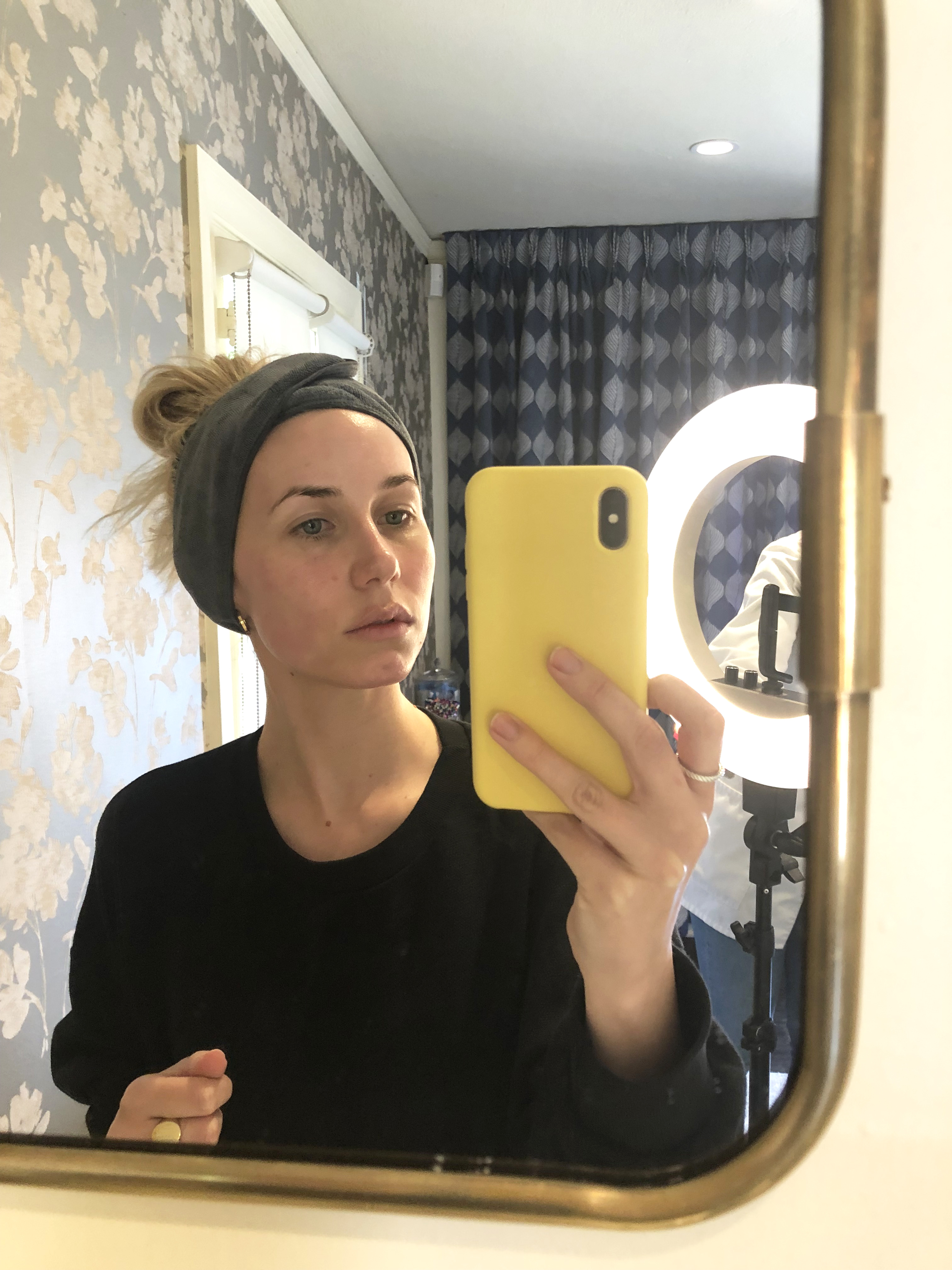
The above photo was taken about 10 minutes after the treatment ended, and as you can see, my redness is pretty minimal.
That night, my skin felt a little sensitive, and I could already see the freckles and sun spots I had becoming darker than they previously were. What happened next was the crazy part for me—over the next few days, these darkened freckles rose to the surface of my skin and began flaking off my face without me feeling it in the slightest!
It almost looked like I had tiny coffee grinds on my face before the spots flaked off, which could easily be covered with makeup. You can apply makeup immediately after IPL (as long as you apply it gently), which I did the day following the treatment with no problems. The flaking only lasted three to four days for me, but that can vary from person to person. I apologise profusely for not documenting this, but I assure you it was nothing makeup couldn't cover.
Now, I didn't have a ton of freckles or sun spots to begin with, but the few I did have reacted exactly as I was promised to the IPL treatment—rising to the surface and disappearing from my face. I have a few friends who started the IPL process with significantly more freckles than I did, and they're completely gone post-treatment. If you want to save certain freckles or beauty marks, simply point them out to the nurse and they'll avoid going over that spot with the light.
Aside from the removal of sun damage, I also noticed a brighter, more tightened skin tone a few weeks after my IPL treatment. My skin just looked healthier, calmer and more even overall. The procedure helped reduce my facial redness a bit, but I was informed that redness is the hardest to treat with IPL out of all skin concerns. (It requires the higher settings on the machine, so it takes a few sessions to work your way up to that level.) Three to six treatments are recommended for optimal results, so I'll definitely be going back for additional sessions to target the redness more after experiencing how quick and easy IPL is.
If you're interested in learning more about IPL and witnessing the process, one of my best friends, Melissa Alatorre, made this in-depth YouTube video for her channel about our experiences (you can also watch the actual IPL treatment if you're curious!).
COST
The cost of IPL will vary based on the medispa, the area of the body you're looking to treat, the location you live in, etc. but a good estimation would be anywhere from £200 to £500 per session, with many medical spas doing package deals if you purchase multiple sessions at once.
Shop skin-brightening products:
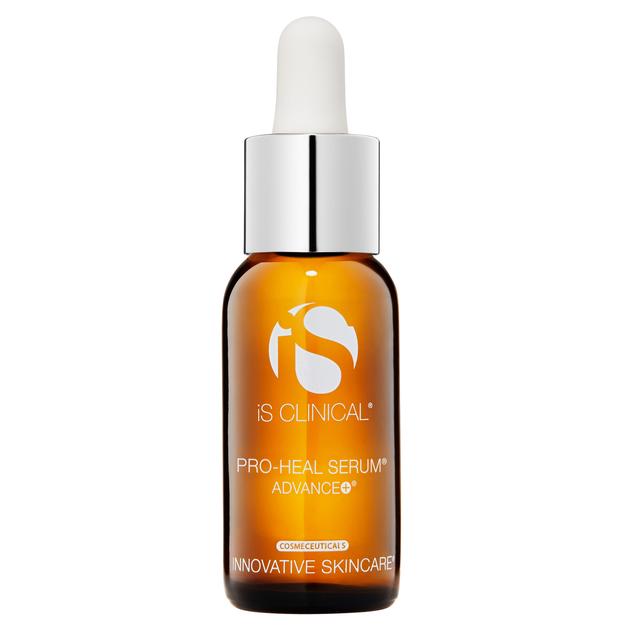
This serum is seriously my secret weapon. I typically can't use vitamin C serums, as they're too potent and irritate my skin, but this formula has olive-leaf extract along with vitamins E and A to balance out the intensity of the vitamin C, so I get all of the brightening benefits and none of the sensitivity.
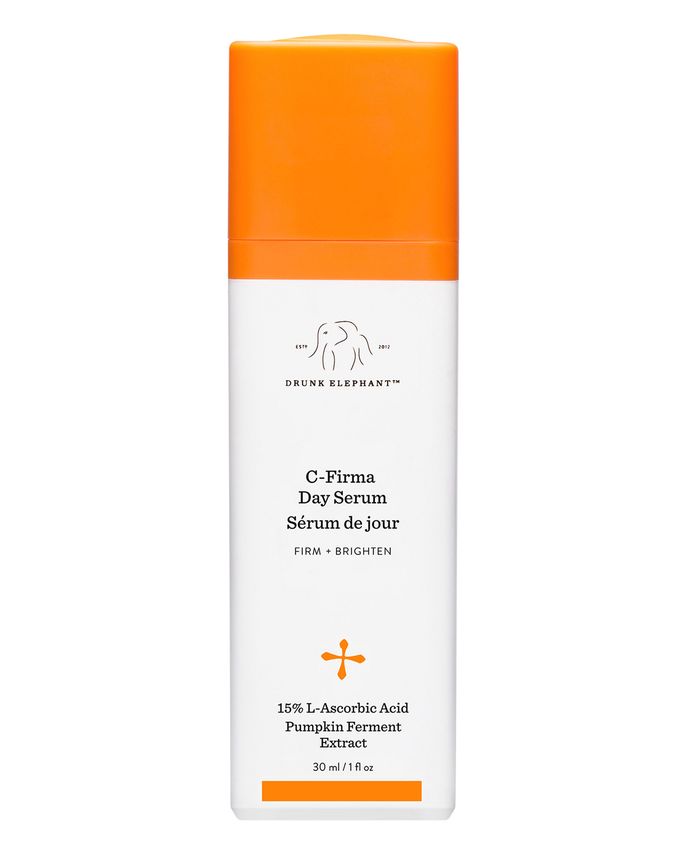
Ah, another product with a major cult following—Drunk Elephant is an amazing nontoxic brand that actually works.
Next up: I tested 27 redness-covering makeup products—these nine are legit.
